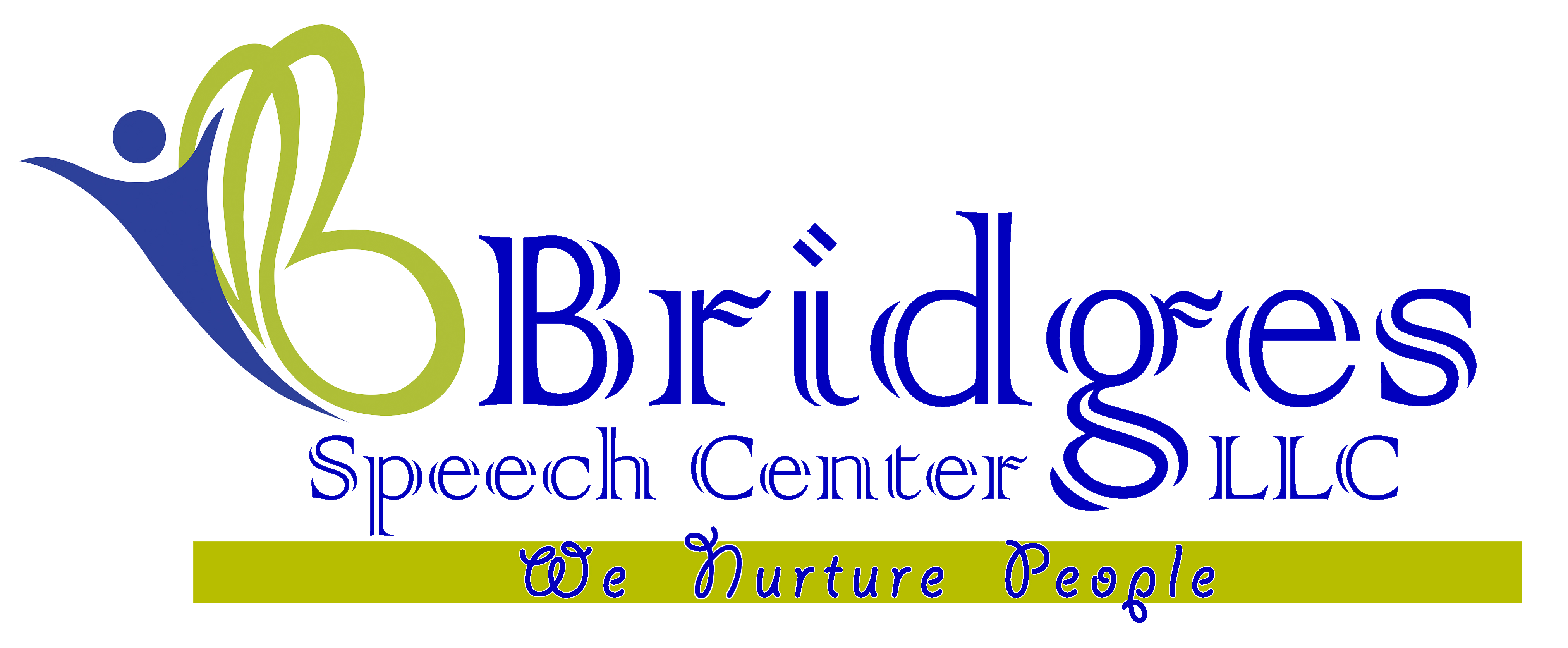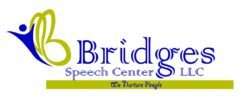- About Us
- Our Services
- Speech Therapy
- Speech and Language Therapies for Adults in Dubai
- Speech and Language Therapies for Children in Dubai
- Accent therapy
- Augmentative Alternative Communication (AAC) Therapy
- Articulation Speech Therapy
- Auditory Processing therapy/ Auditory verbal therapy
- Language Intervention: Speech Delay therapy
- Oral Motor Therapy
- Play Based therapy
- PROMPT/DTTC/RePT for Childhood Apraxia of Speech
- Social communication/Pragmatic language therapy
- Stuttering / Stammering therapy Program
- Spellography Program for Dyslexia
- Voice Therapy
- Home Care Services
- Feeding Therapy
- Physiotherapy
- Pediatric and Geriatric Physiotherapy
- Fall Prevention Programs for the Elderly
- Developmental Delay Treatment for Children
- Cerebral Palsy Management for Children
- Pediatric Orthopedic Conditions
- Osteoporosis Management for the Elderly
- Sports Injuries in Children
- Mobility and Balance Training for Elderly
- Joint Pain Treatment (Knee, Shoulder, Hip)
- Age-Specific Exercise Programs
- Coordination and Balance Exercises
- Orthopedic Physiotherapy
- Neurological Physiotherapy
- Sports Physiotherapy
- Cardiopulmonary Physiotherapy
- Women’s Health Physiotherapy
- Manual Therapy
- Therapeutic Exercise
- Pain Management
- Electrotherapy
- Hydrotherapy
- Ergonomic Consultation
- Tele-Physiotherapy Services
- Pediatric and Geriatric Physiotherapy
- Occupational Therapy
- Sensory Integration
- Clinical Psychology & Psychotherapy
- Cognitive Behavioral Therapy(CBT)
- ABA /Behavior Therapy
- Bridge Learning Program
- Group therapy
- Summer/Winter Program
- Telehealth Services
- Training Program/CEU
- Internship/ Observership
- Speech Therapy
- Super Team
- Collaboration
- Training Course
- News/Blogs
- About Us
- Our Services
- Speech Therapy
- Speech and Language Therapies for Adults in Dubai
- Speech and Language Therapies for Children in Dubai
- Accent therapy
- Augmentative Alternative Communication (AAC) Therapy
- Articulation Speech Therapy
- Auditory Processing therapy/ Auditory verbal therapy
- Language Intervention: Speech Delay therapy
- Oral Motor Therapy
- Play Based therapy
- PROMPT/DTTC/RePT for Childhood Apraxia of Speech
- Social communication/Pragmatic language therapy
- Stuttering / Stammering therapy Program
- Spellography Program for Dyslexia
- Voice Therapy
- Home Care Services
- Feeding Therapy
- Physiotherapy
- Pediatric and Geriatric Physiotherapy
- Fall Prevention Programs for the Elderly
- Developmental Delay Treatment for Children
- Cerebral Palsy Management for Children
- Pediatric Orthopedic Conditions
- Osteoporosis Management for the Elderly
- Sports Injuries in Children
- Mobility and Balance Training for Elderly
- Joint Pain Treatment (Knee, Shoulder, Hip)
- Age-Specific Exercise Programs
- Coordination and Balance Exercises
- Orthopedic Physiotherapy
- Neurological Physiotherapy
- Sports Physiotherapy
- Cardiopulmonary Physiotherapy
- Women’s Health Physiotherapy
- Manual Therapy
- Therapeutic Exercise
- Pain Management
- Electrotherapy
- Hydrotherapy
- Ergonomic Consultation
- Tele-Physiotherapy Services
- Pediatric and Geriatric Physiotherapy
- Occupational Therapy
- Sensory Integration
- Clinical Psychology & Psychotherapy
- Cognitive Behavioral Therapy(CBT)
- ABA /Behavior Therapy
- Bridge Learning Program
- Group therapy
- Summer/Winter Program
- Telehealth Services
- Training Program/CEU
- Internship/ Observership
- Speech Therapy
- Super Team
- Collaboration
- Training Course
- News/Blogs
Table of Contents
ToggleVoice Therapy Treatment in Dubai
- Home
- Our Services
- Voice Therapy
Voice Therapy
Voice therapy for adults is a specialized intervention designed to address a wide range of voice disorders and challenges that can affect individuals’ vocal quality, pitch, loudness, and overall vocal health. Voice disorders can be caused by various factors, including misuse of the vocal cords, medical conditions, vocal nodules or polyps, neurological issues, and more. Voice therapy aims to improve vocal function, restore optimal vocal production, and enhance the overall quality of an individual’s voice. Here’s a detailed look at voice therapy for adults:
Holistic Assessment: The assessment phase of voice therapy is crucial as it provides a comprehensive understanding of the individual’s vocal challenges. This evaluation may include a review of medical history, vocal function tests, acoustic analysis of speech, and perceptual evaluation by both the clinician and the individual.
Personalized Treatment Plans: Following the assessment, the speech-language pathologist devises a treatment plan tailored to the specific needs and goals of the individual. This plan takes into account factors such as the type and severity of the voice disorder, the individual’s lifestyle and communication demands, and their personal preferences.
Educational Component: Vocal hygiene education forms the foundation of voice therapy. Individuals learn about factors that can impact vocal health, such as vocal abuse, dehydration, and environmental irritants. They also receive guidance on proper vocal warm-up techniques, hydration strategies, and lifestyle modifications to maintain vocal well-being.
Vocal Exercises: Voice exercises are meticulously selected to target the areas of vocal production that require improvement. These exercises may include vocal warm-ups, pitch glides, resonance exercises, tongue and lip trills, and vocal tract stretching exercises. The goal is to strengthen the muscles involved in phonation and improve vocal coordination and control.
Resonance and Pitch Control: Therapy techniques focus on optimizing resonance and pitch control to achieve a more balanced and pleasant voice quality. Individuals learn strategies to adjust resonance placement, modulate pitch for expressive speech, and maintain a consistent pitch range.
Articulation and Speech Patterns: Voice therapy addresses articulatory issues that may contribute to vocal strain or unclear speech. Exercises targeting articulation precision, speech rate modulation, and vocal pacing help individuals achieve smoother and more intelligible speech.
Vocal Cord Care: For individuals with vocal cord lesions or nodules, therapy includes exercises and strategies to promote vocal fold healing and reduce vocal fold impact stress. Vocal hygiene practices, vocal rest protocols, and techniques to reduce vocal fold tension are emphasized.
Vocal Projection and Loudness: Techniques for enhancing vocal projection and controlling vocal loudness without straining the vocal mechanism are taught. Individuals learn to adjust their speaking volume based on the acoustics of the environment and the communication context.
Respiratory Support: Breath management exercises focus on improving respiratory support for speech production. Individuals learn diaphragmatic breathing techniques, rib cage expansion exercises, and breath control strategies to optimize vocal power and endurance.
Feedback and Monitoring: Real-time feedback tools, such as spectrograms and visual pitch displays, allow individuals to monitor their vocal performance during therapy sessions. This immediate feedback facilitates self-correction and reinforces positive vocal habits.
Home Practice: Home practice assignments are essential for reinforcing therapy concepts and accelerating progress. Individuals are encouraged to practice vocal exercises regularly and integrate newly acquired vocal techniques into their daily communication habits.
Preventative Strategies: Beyond addressing immediate voice concerns, voice therapy equips individuals with preventive measures to maintain vocal health in the long term. This may include strategies for vocal rest, vocal warm-up routines before demanding vocal tasks, and environmental modifications to reduce vocal strain.
Psychosocial Support: Voice therapy acknowledges the emotional impact of voice disorders and provides a supportive environment for individuals to express their concerns and frustrations. Counseling techniques may be incorporated to address anxiety related to vocal performance and promote positive self-image and confidence.
By delving deeper into each aspect of voice therapy, individuals can gain a comprehensive understanding of the interventions available and the potential benefits they offer. This deeper exploration also underscores the importance of a multidimensional approach to voice rehabilitation, addressing not only the physical aspects of vocal production but also the cognitive, emotional, and environmental factors that influence vocal health and communication effectiveness.
Make Appointment
Testimonials
What Parents Say
Send us an email if you wish to talk to any of them. For more reviews, please go to Google reviews.

My experience with bridges speech centre has been great. My child is attending OT in the center and we are happy and proud with the progress Mrs. Richa has made. The therapists are very supportive and knowledgable in selecting techniques to suit with our child's requirements . Their monthly review and evaluation is remarkable. I highly recommend bridges speech centre to anyone looking for an affordable and professional therapy for their child....

We were asked to consult a speech therapist for my son. As parents we were quite skeptical about this whole process. However, once my son started attending Dr Rupali’s sessions we noticed a drastic improvement in his speech. He used to speak only a few words but within the 1st four sessions he started speaking up-to 5 words sentences. I also learnt to manage my child’s emotions better with Dr Rupali’s guidance. She is very cooperative and patiently answer all questions.

We took our 21 month old daughter to Bridges speech center following her cleft palate surgery as she needed Speech therapy. Ms.Rupali was recommended to us by both our Pediatrician and ENT specialist. The staff at Bridges are qualified, warm and friendly. My daughter loved to attend the speech therapy sessions. Through various techniques and simulations provided during these sessions, I can see considerable improvement in my daughter's speech. Lastly I would say, no child is same, as parents we need to be patient and trust the process.

Rupali was excellent. In just couple of sessions she helped my child overcome difficulty in pronouncing ch and sh sound. Thanks very much.Highly recommend for children who will need assistance in speech therapy.
Blog & Article
Our Latest Blog & Articles
Benefits of Water Aerobics for Joint Pain, Fitness, and Rehabilitation
Joint pain can make even simple movement feel stressful. Yet staying active is...
Physiotherapy for Foot Fracture
Foot fractures can feel deceptively small yet they often disrupt everything from walking...



